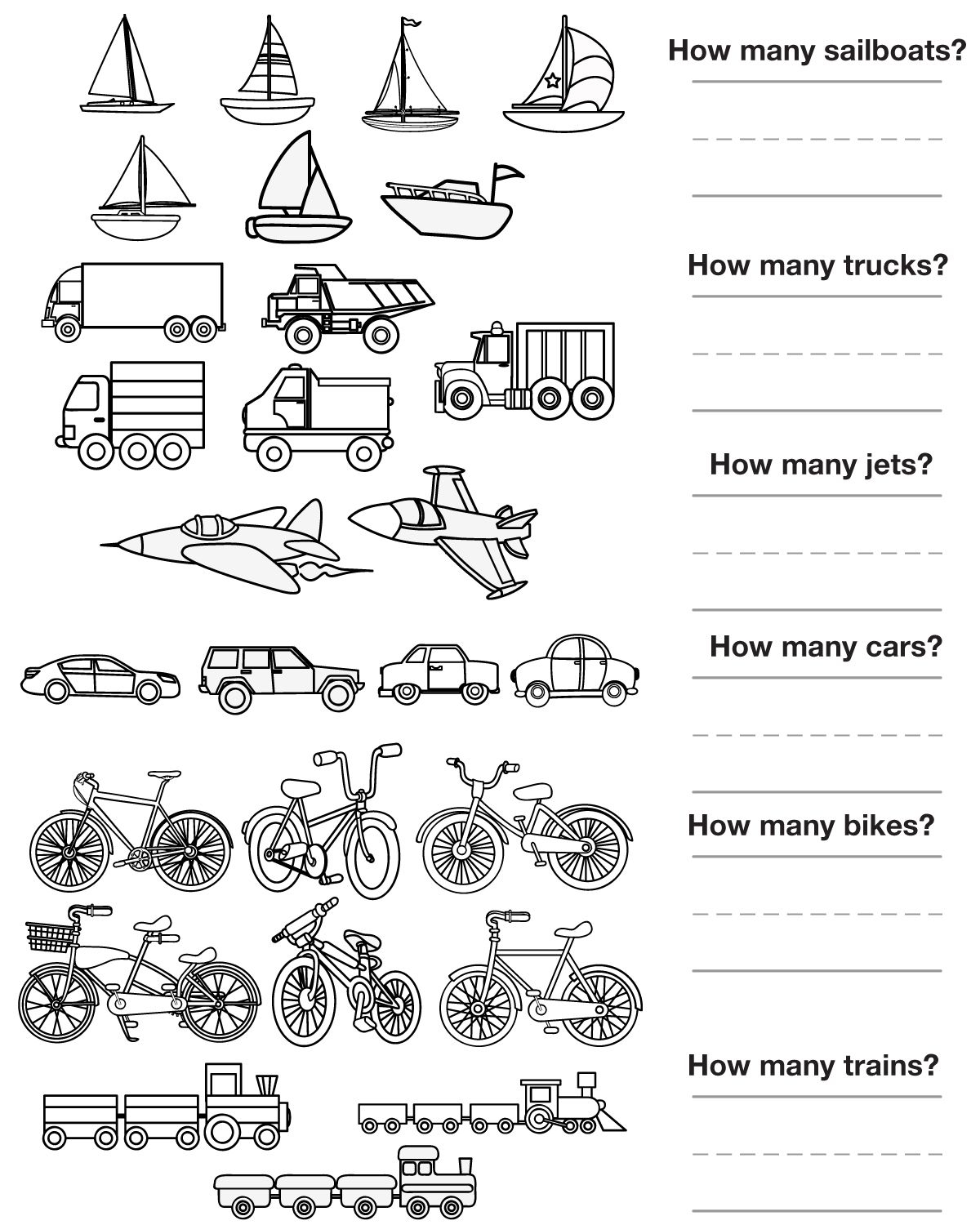Preschool is a crucial time in a child’s development where they begin to learn basic skills and concepts that will set the foundation for their future education. One effective way to engage preschoolers and help them learn is through worksheets. Worksheets can be a fun and interactive way for young children to practice important skills such as counting, letter recognition, and fine motor skills.
By providing preschoolers with age-appropriate worksheets, educators can help children develop their cognitive abilities and prepare them for kindergarten. Worksheets can also be a useful tool for parents to reinforce learning at home and support their child’s early education.
Benefits of Worksheet Works for Preschool
One benefit of using worksheets in preschool is that they can help children develop important fine motor skills. Activities such as coloring, tracing, and cutting can help improve hand-eye coordination and strengthen muscles in the hands and fingers. These skills are essential for tasks such as writing and drawing, which children will need as they progress through school.
In addition to fine motor skills, worksheets can also help preschoolers develop early math and literacy skills. Counting worksheets can help children learn numbers and basic math concepts, while letter recognition worksheets can help children learn the alphabet and begin to recognize letters and sounds. These foundational skills are crucial for success in reading and math later on in school.
Worksheets can also be a valuable tool for assessing a child’s progress and understanding of key concepts. By completing worksheets, educators and parents can see how well a child is grasping new information and identify areas where they may need additional support. This can help tailor instruction to meet the individual needs of each child and ensure they are making progress in their learning.
Overall, using worksheets in preschool can be a beneficial way to support children’s learning and development. By providing engaging and age-appropriate activities, educators and parents can help children build important skills and prepare them for success in school and beyond.
